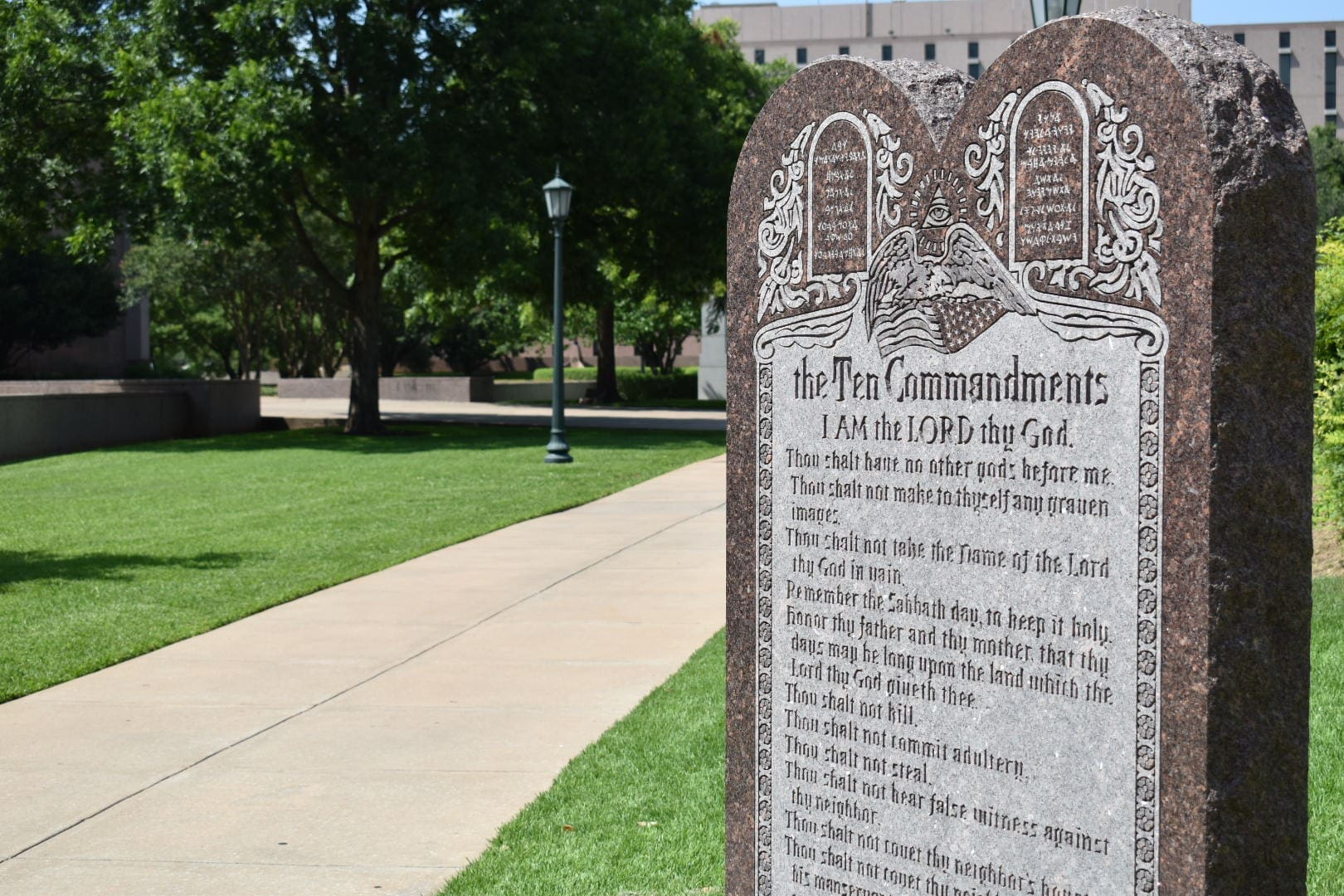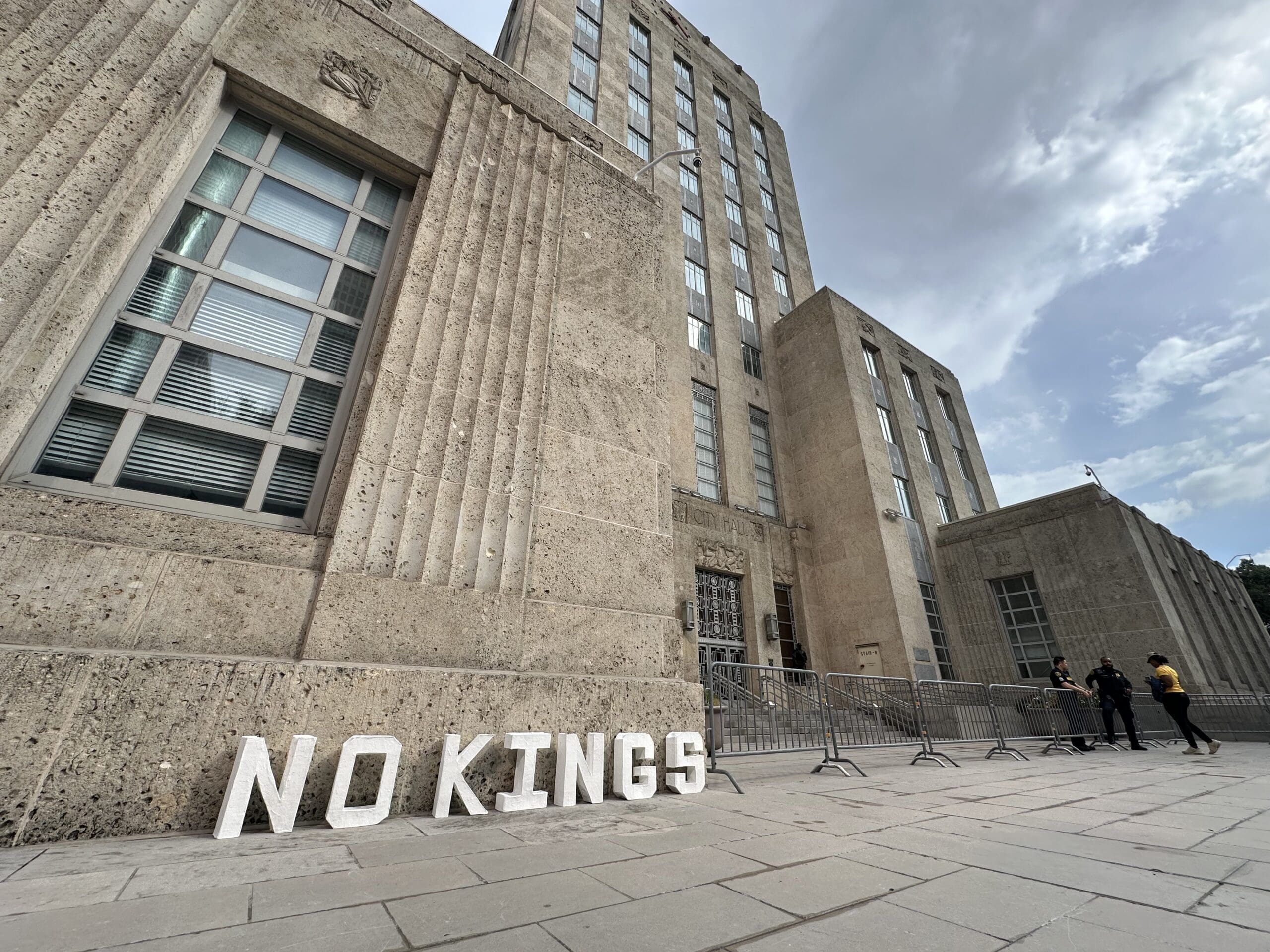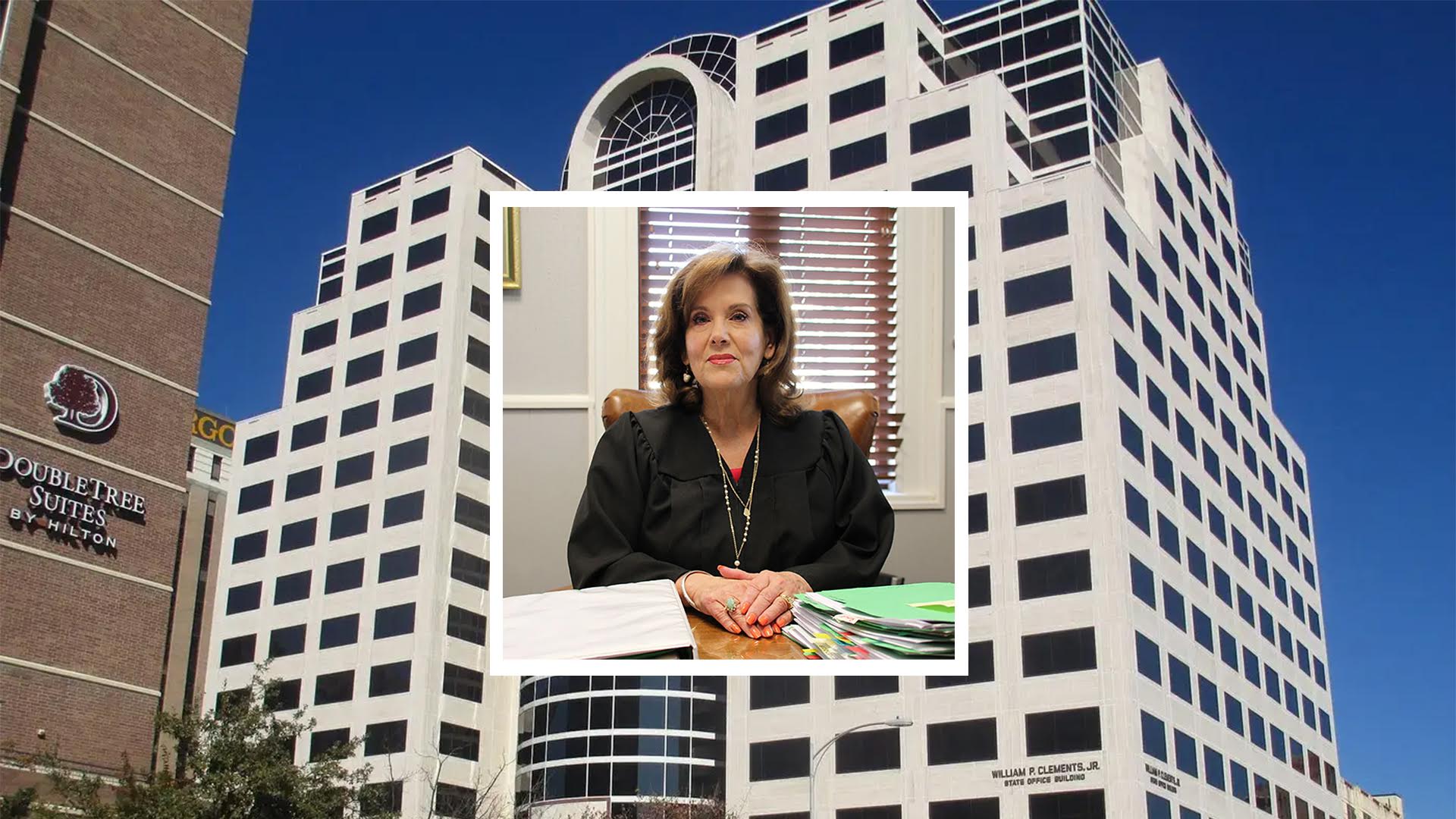At Tuesday’s meeting of the Texas Ethics Commission, Chairman Randy Erben candidly admitted the state’s laws regulating “lobbying” can apply to Texans in unexpected ways.
Want to avoid registering as a lobbyist yourself? Hiring a professional lobbyist to do things for you was Erben’s only real answer.
Erben’s comment came after a prolonged and perplexing exchange with a West Texas attorney over whether a businessman, who wanted to donate the use of his private plane for legislators to attend a local chamber of commerce event, would cause the donor to have to register as a lobbyist. Erben, along with TEC general counsel Jim Tinley, admitted there was no clear answer.
The attorney explained that the local chamber of commerce had asked the businessman to provide the plane to transport a group of legislative committee chairs to a border event focused on economic development and infrastructure. The businessman had no intention of influencing legislation or seeking government favors; he was merely accommodating the chamber’s request.
But when his attorney, Mr. Maddox, sought clarity from the TEC, he was blindsided by the agency’s response: Texas laws permitted the legislators to accept the free flights, but donating the use of the plane to the chamber could trigger the state’s lobbyist registration requirements.
The TEC’s advisory opinion, which the commissioners ultimately adopted without modification, concluded that providing the aircraft for the trip likely constituted a lobby expenditure. If the businessman donated the plane, he, the chamber of commerce, or both might be required to register as lobbyists.
The ruling hinged on the idea that if an expenditure is made “to communicate directly with one or more members of the legislative or executive branch to influence legislation or administrative action” or to establish goodwill “for the purpose of later communicating to influence administrative or legislative action,” then it falls under Texas’ lobbying law.
TEC’s general counsel, Jim Tinley, declined to establish a clear rule, instead stating that whether the action constituted lobbying would have to be determined through an “adjudicative process.”
In other words, the only way to get a definitive answer would be to take the risk, wait for an enforcement action, and then fight it out in court.
The TEC’s only enforcement action under the lobby law so far has seen the agency spend over a million dollars to litigate its case against Texas Scorecard Publisher Michael Quinn Sullivan for over a decade, all the way up to the U.S. Supreme Court. That’s kind of an expensive way to “adjudicate” whether a person’s speech crosses the line.
Maddox attempted to navigate the issue by suggesting various restrictions his client could impose on himself. What if he provided the plane but did not attend the event? What if he attended but refrained from speaking to legislators? What if he attended a VIP reception but avoided “sidebar” conversations?
None of these restrictions satisfied the TEC. The answer remained the same: there were no bright-line rules.
Seemingly exasperated by the rules, Maddox explained that if his client couldn’t avoid registering as a lobbyist, he simply would have to decline to donate the plane to the chamber for their use.
Then came the most revealing moment.
Erben asserted that if the businessman wanted to avoid personally registering as a lobbyist, he could simply ensure that some other registered lobbyist was on the plane to file the appropriate disclosures.
In other words, “If you don’t want to be a lobbyist, hire one.”
Rather than drawing a clear line between permissible civic engagement and activities requiring registration, the TEC effectively endorsed the lobby industry’s gatekeeping role.
The message was clear: ordinary citizens shouldn’t attempt to navigate these laws—they must leave that to the professional lobbying class in Austin who already registered.
The implications of this ruling extend far beyond one businessman’s good deed involving a private aircraft.
Under Texas’s lobbying laws, spending as little as $970 per quarter on activities that could be construed as goodwill-building triggers registration requirements. This means that all Texans—small business owners, nonprofit leaders, and even grassroots activists—could be ensnared in complex regulatory obligations simply for engaging in routine civic participation.
It does not take private jet money to fall under the TEC’s watchful eye. It just takes speech and less than $11 per day.
Even more troubling is the chilling effect the state’s lobbying speech registration creates.
The businessman in this case, upon realizing that providing the plane might require him to register as a lobbyist, decided against the donation altogether. The TEC’s response to this? Shrug. No concern for the deterrence of civic participation, no recognition of the law’s absurdity—just an insistence that somewhere, someone must register with them and file paperwork.
This exchange also lays bare the TEC’s broader enforcement philosophy: everything is vague, everything is subject to “adjudication,” and everything carries the risk of years of litigation and crushing fines.
If a citizen wants to avoid trouble, their safest bet is silence.
As Maddox pointed out, his client worried that if he ever spoke to a legislator in the future about any unrelated topic, his past donation of a plane could be used against him to allege he had built up goodwill for lobbying purposes.
The TEC offered no assurances that this fear was unfounded.
This latest ruling comes at a time when the TEC’s enforcement of Texas’s lobby laws is already under scrutiny. A petition for certiorari is currently pending before the U.S. Supreme Court challenging the TEC’s application of the state’s lobby laws as an unconstitutional restriction on free speech. The case has drawn national attention, with Texas Attorney General Ken Paxton siding against the TEC and watchdog groups warning that the regulations threaten fundamental First Amendment rights.
The TEC’s latest decision will only add fuel to the fire.
At the heart of this issue is a fundamental question: should Texas’s lobbying laws function as a protection racket for the professional lobby?
By making it nearly impossible for an ordinary citizen to confidently engage in political discourse without triggering registration requirements, the law ensures that only those who can afford high-priced compliance professionals can safely participate in the process.
Over a decade ago, then TEC-Chairman Jim Clancy infamously admitted that he wanted every Texan to register with the TEC. “We don’t want a system where there’s 26 lobbyists in the State of Texas. We want one where there’s 26 million, you know,” said Clancy.
When Erben acknowledged that the laws were neither easy nor intuitive, he wasn’t offering sympathy—he was stating a feature, not a bug, of Texas’s lobbyist registration scheme.
The Texas lobbying laws are designed to be inscrutable, and the TEC’s enforcement ensures that the risks of speaking out outweigh the benefits.
For those who want to be involved in the legislative process, the TEC has a clear message: If you don’t want to register as a lobbyist, hire one. Otherwise, keep your mouth shut.




